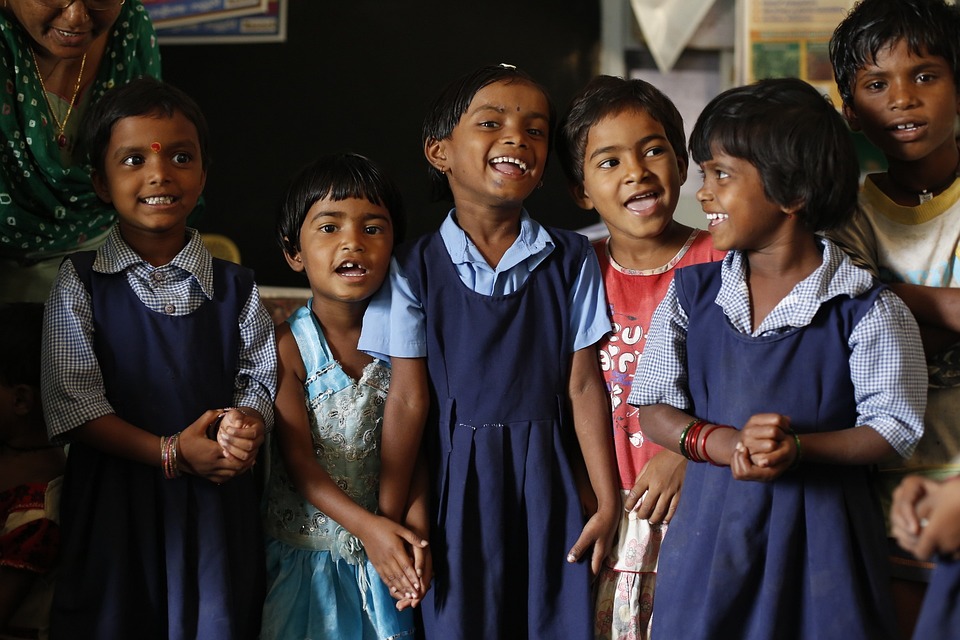
Fostering Empathy and Kindness: The Impact of Moral Education on Children
In today’s world, it’s more important than ever to teach children the value of empathy and kindness. With issues like bullying, discrimination, and violence becoming increasingly prevalent, it’s essential to equip our youth with the tools to navigate and understand the complexities of society. One effective way to cultivate these qualities in children is through moral education.
Moral education is the process of teaching children the principles of right and wrong, and guiding them to develop a strong moral compass. It involves teaching them the importance of empathy, compassion, and kindness, as well as the value of honesty, integrity, and responsibility. This type of education can have a profound impact on a child’s development and their ability to relate to others.
Research has shown that moral education can significantly influence a child’s social and emotional development. By instilling empathy and kindness in children, they are more likely to develop positive relationships, collaborate effectively with peers, and demonstrate understanding and concern for others. When children are exposed to moral education, they are more likely to display acts of kindness, express sympathy, and demonstrate concern for the well-being of others.
Furthermore, moral education has been found to reduce the likelihood of aggressive and antisocial behavior. When children are taught to empathize with others and understand the impact of their actions, they are less likely to engage in harmful behaviors such as bullying, teasing, or exclusion of peers. Instead, they are more likely to stand up for others, treat others with respect, and seek to resolve conflicts peacefully.
In addition to influencing social behavior, moral education also has a significant impact on a child’s academic performance. When children are taught empathy and kindness, they are more likely to develop strong relationships with teachers and peers, leading to better collaboration and cooperation in the classroom. This, in turn, can lead to higher academic achievement and overall success in school.
Moral education can be incorporated into a child’s learning experience in various ways. One effective approach is through the use of literature and storytelling, as it allows children to explore complex moral and ethical issues and develop a deeper understanding of different perspectives. Role-playing and drama activities can also help children to develop empathy and compassion by putting themselves in others’ shoes and considering alternative viewpoints.
As parents and educators, it is crucial to prioritize moral education in the upbringing of our children. By teaching them the value of empathy and kindness, we can instill in them the essential qualities needed to navigate the complexities of the world with compassion and understanding. In doing so, we can help to create a more empathetic and kind society for future generations.
Luxury Items for Moms - 70% OFF at ClassyLuxe.com
Younger Glowing Skin - Discover Ancient Ayurvedic Secrets at DoctorIndiaHerbals.com
Explore One of the Largest Collections of Dinosaur-Themed Toys, Games, Gifts, Decor, and More at DinoAvenue.com
Empowering Moms at Every Step - www.SuperMommy.io
Discover Premium Design Elevator Shoes for Men and Women at LondonCobblers.com
Discover Hidden Family Destinations for Vacations at Places.Travelz.io
Find the Best Deals on Airfare and Hotels with Advanced Metasearch Technology at www.Travelz.io